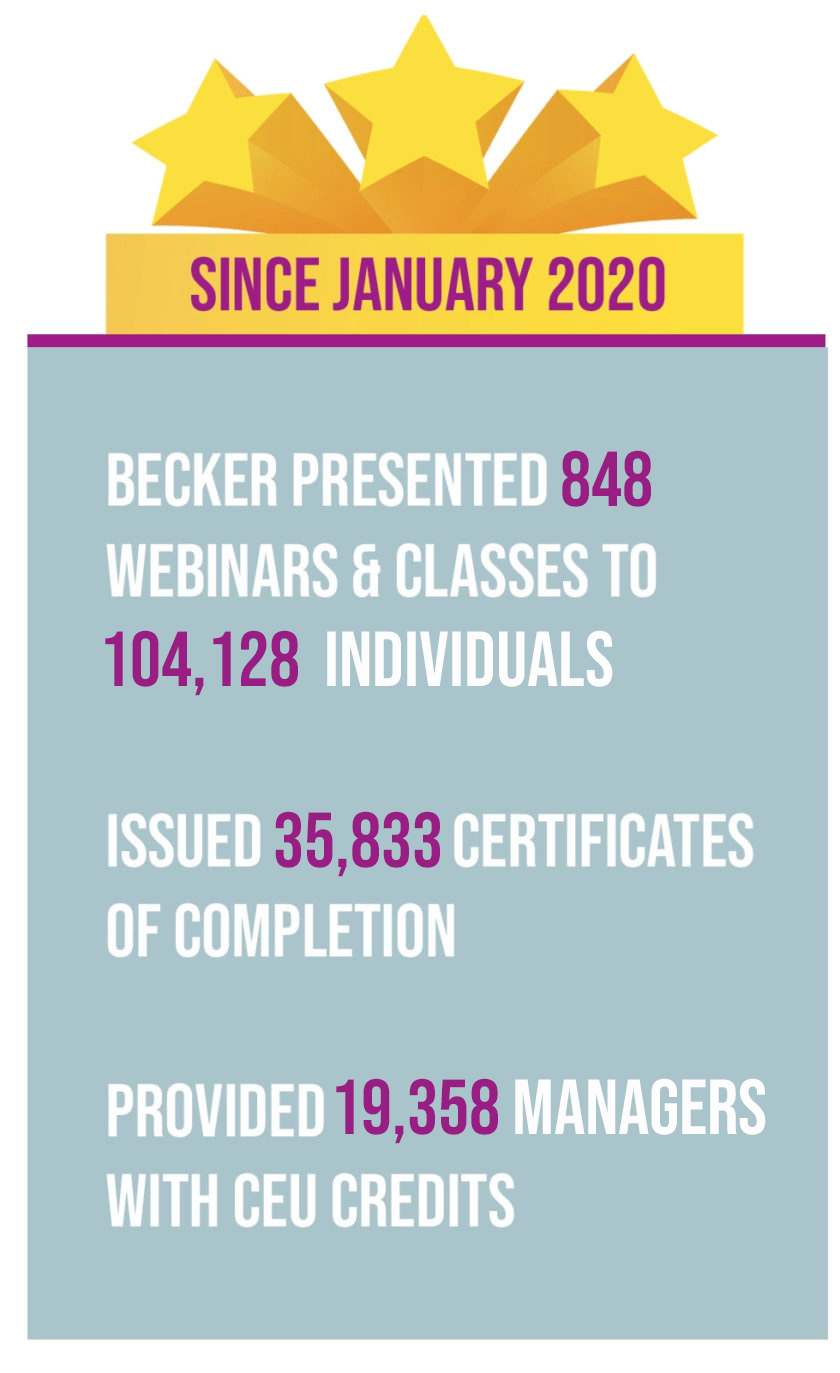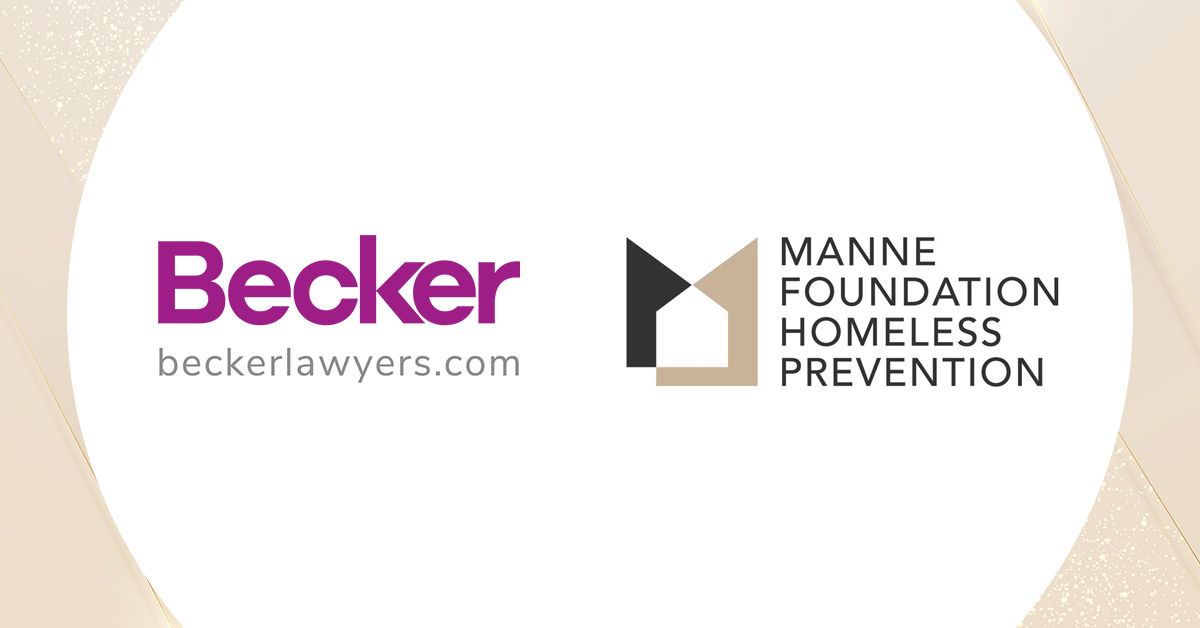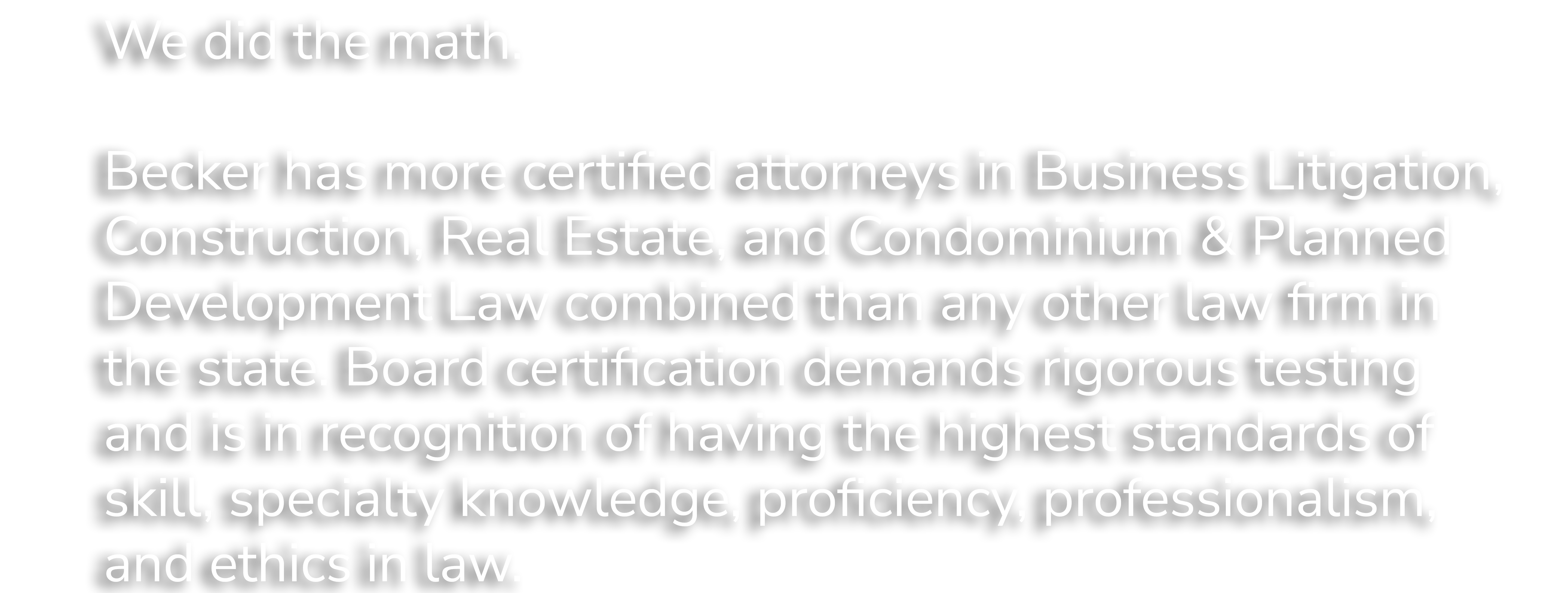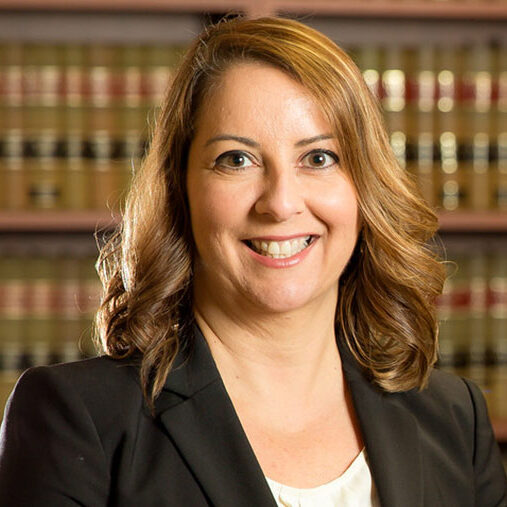This issue of CUP covers a wide range of topics for board members and managers. Whether you have questions about the year-end audit report, are dealing with a disruptive condo director, updating your amendments, or considering termination, we’ve got you covered. Don’t miss our featured Halloween podcast episode, where Dee Smith from NatureZone joins host Donna DiMaggio Berger to explore the spookier side of community association life: the creepy crawlies that make residents shiver and board members squirm.
As the year comes to a close and community associations finalize next year’s budgets, understanding what to include is essential. A well-prepared budget helps determine assessments, cover operating expenses, and plan for long-term reserve funding. Florence King explains how associations can create accurate, compliant budgets that support the community’s financial health in “What Should Be Included in a Community Association Budget?”
As Florida condominium associations adapt to ongoing legislative changes, understanding the latest reserve requirements is more important than ever. Recent updates introduced by House Bill 913 offer new thresholds, funding options, and flexibility, but also require careful planning to maintain compliance. Bryony G. Swift and Allison L. Hertz break down these key updates and their impact on associations in “Condominium Reserves.”
Knowing how to communicate effectively with your community association attorney can save both time and money. Clear, organized, and detailed communication helps attorneys provide timely and accurate advice while minimizing unnecessary fees. Mary R. Hawk shares practical strategies for improving efficiency and reducing costs in “How to Effectively Communicate With Your Association Attorney.”
When it comes to condominium law, how a “unit” is defined can have major financial implications for associations and property owners alike. “THIS CASE: Hyde Park Condominium Ass’n v. Estero Island Real Estate, Inc.” by Joseph Markovich highlights how statutory definitions and declaration language determine whether unimproved parcels are subject to assessments. Associations should seek legal counsel when questions arise about assessments or the status of parcels.
Articles
What Should Be Included in a Community Association Budget?
By: Florence King
Every community association must prepare an annual budget and use that budget to determine the assessments to be collected for that year. The budget projects income and expenses, and since the budget is only an estimate of future expenses, unexpected events may occur that may prompt the board to make changes to the budget.
By: Allison L. Hertz and Bryony G. Swift
For several years, the Florida Legislature has made condominium reserve issues a priority, continuously revising laws to address and clarify the requirements. With House Bill 913, which has now been in effect for a few months, new reserve mandates and options have been introduced for condominium associations.
How to Effectively Communicate With Your Association Attorney
By: Mary R. Hawk
As we all know, time is money. That is especially true when seeking legal advice for your community association. A lawyer’s time and advice are their stock in trade. Often, community association communications are lacking in details and factual content necessary for your attorney to render timely and thorough legal advice. This creates the need for significant back and forth before the attorney can give the advice, which translates into unnecessary time delays and fees.

Hyde Park Condominium Ass’n v. Estero Island Real Estate, Inc.
486 So.2d 1 (Fla. 2d DCA 1986)
By: Joseph Markovich
In the realm of condominium law, what constitutes a “unit” is pivotal, as it determines whether owners of undeveloped parcels within a condominium must pay their share of common expenses, even if no building has yet been constructed on their property. THIS CASE serves as an example of this legal issue. The association sought to recover unpaid assessments for the maintenance of common areas from the owners of several unimproved lots. The lot owner argued that, because the lots were not yet developed into apartments or units, they were not subject to assessment under the declaration of condominium or the Condominium Act in effect at the time.
The trial court initially sided with the lot owner, finding that the unimproved parcels were not units as contemplated by the statute and the governing documents, and therefore not liable for assessments. On appeal, however, the Second District Court of Appeal reversed. The appellate court closely examined the statutory definitions in the 1969 Condominium Act and the declaration, and found that the only form of private ownership recognized within a condominium is a unit, and that a unit was defined as that part of the condominium property which is to be subject to private ownership. The court reasoned that the statutory scheme and the declaration did not require a unit to be improved or built out before it became subject to assessment. To hold otherwise, the court explained, would create a class of property ownership within the condominium that was not contemplated by the legislature or the declaration.
THIS CASE has continued relevance, particularly when compared to later cases. For example, in a 1988 appellate decision, the issue turned on whether certain properties, described as “condominium parcels” in the declaration, were subject to assessments. However, the Fourth Distrct Court of Appeal found that the term “condominium parcel” as used in the declaration referred specifically to an apartment or “individual private dwelling,” and not to raw, unimproved land. As a result, the court reasoned that the declaration intentionally limited assessments to parcels containing private dwellings, and that raw, unimproved land was not included within the definition of “condominium parcel” for assessment purposes.
THIS CASE is significant for condominium associations and their members because it shows the importance of the specific language used in the declaration of condominium. The association in the 1988 appellate decision may have intended to limit assessments to individual private dwellings, whereas in THIS CASE, the broader statutory definition and the declaration subjected all units, including unimproved land, to assessment. Legal challenges can arise over the interpretation of governing documents, and associations would be wise to seek legal counsel when questions about assessments or the status of parcels emerge.
Question of the Month
Q: In 2024, you wrote about that year’s amendments to the condominium statute regarding personal delivery of audit reports to all owners. This is very expensive and seems to be an excessive burden to condominium associations, since most owners are not interested in these lengthy reports. Have any changes been made to this statute? Can the audit report be delivered by personal e-mail? Does availability on the management company’s website portal meet this requirement?
Community association boards and managers should ensure that their communities have adequate disaster planning measures in place as hurricane season approaches. To help you in weathering the storm, check out Becker’s Hurricane Guide which provides important tips and information to help protect your community.
For more information, contact your Becker attorney.
Announcing Becker’s On-Demand Class Library
The Florida law mandates that board members of HOAs, Condominiums, and Co-ops take continuing education classes annually.*
Please see our on-demand class library for an extensive list of DBPR approved classes.
Managers and board members of non-clients are welcome to take our courses for $25, unless otherwise specified. Courses are always free for board members of firm clients.
*Breakdown of class requirements for board members and managers of HOA’s, Condominiums, and Co-ops: New Florida Educational Requirements for Board Members and Managers – Frequently Asked Questions
Frequently Asked Questions regarding Becker classes: Becker Classes FAQs
Can They Do That?
Becker’s “Can They Do That” video series tackles some of the unique problems that homeowners and renters face today. We answer your questions, no matter how far-fetched they may seem. From service animals to nudists in your community, we get to the bottom of it and let you know – “Can They Do That?”
Four Amendments Your Association Should Consider
CAI Central Florida Times
By: S. David Cooper
For community associations in Florida, proactive governance is essential for long-term stability and effective community management. Governing documents provide the foundational framework for this management, and periodic amendments are crucial to ensure smooth, efficient operation of the Association and compliance with evolving statutes. Depending on the nature of your association, there could be a number of other amendments to consider, but this article outlines four common amendment areas that associations should consider to fortify their legal and financial footing. While this article specifically references Chapter 720 homeowner associations, these amendments may apply to condominiums, as well, where the law overlaps.
Becker Steps Up to the Mic with Podcast,
‘Take It To The Board with Donna DiMaggio Berger’
Think you know what community association life is all about? Think again. Residents must obey the rules, directors must follow the law, and managers must keep it all running smoothly. Take It To the Board explores the reality of life in a condominium, cooperative or homeowners’ association, what’s really involved in serving on its board, and how to maintain that ever-so-delicate balance of being legally compliant and community spirited. Leading community association attorney Donna DiMaggio Berger acknowledges the balancing act without losing her sense of humor as she talks with a variety of association leaders, experts, and vendors about the challenges and benefits of the community association lifestyle. Don’t have a streaming app? You can now find all episodes on YouTube! Click here to listen now.
RECENT EPISODES:
-
- Lights, Cameras, Condos– Film Productions in HOAs
- Safety at Your Fingertips with Geno Roefaro of SaferWatch
- Re-Release: Keeping Cool With Jane Gilbert, Chief Heat Officer, Miami-Dade County
- Why Every Contract Needs to Be Reviewed with Becker’s James Robert Caves
- Re-Release: Understanding How to Handle your Association’s Insurance Claim with Public Insurance Adjuster Ken Shriberg
- Screening Vendors and Service People for Enhanced Security
- Smart Hiring — Vetting Lawyers to Find The Perfect Legal Partner
- Going Green Saves Some Green — with Nicolas Milo of KW Property Management
- Monsters In The Walls — Pest Control Truths for Condos and HOAs
Monsters In The Walls — Pest Control Truths for Condos and HOAs
In this episode of Take It To The Board, host Donna DiMaggio Berger and Dee Smith from NatureZone, a family-owned and operated pest control company, peek into the spookier corners of community association life: the creepy crawlies that make residents shiver and board members squirm. Together, they take a peek into what really moves through condos and HOAs: bed bugs that hitchhike on luggage, roof rats that turn trees into launch pads, and subterranean termites—now including a Formosan–Asian hybrid—capable of eating your equity faster than you’d ever expect.
“Can a Rogue Condo Director Be Removed?” – Naples Daily News
Q: I’m on the Board of my condominium association. One of the directors, who also serves as the secretary, is very disruptive at board meetings, combative and is responsible for several directors resigning from the board over the past year? Can anything be done to remove this rogue person from the board? They still have another 18 months left on their term.
David Muller answers this question and more in this edition of the Naples Daily News.
Termination of Condominiums
FCAP Managers Report
By: Nicolas M. Jimenez
With all the recent news surrounding condominiums and the rising costs of living, you may have noticed an uptick in references to the “termination” of condominiums. In fact, you may have even heard that your condominium association is considering termination, and you are now wondering about the process.
First and foremost, termination is a complicated and expensive process that requires substantial planning, and can take months, or even years to finalize. As such, if there is anything you take away from this article, it is that any condominium association considering termination must thoroughly consult with their attorney on the matter before doing anything else.
DID YOU KNOW?
Becker Supports Manne Homeless Prevention Foundation’s Mission to End Homelessness
Becker is proud to support the Manne Homeless Prevention Foundation, a nonprofit dedicated to keeping families off the streets by addressing the root causes of homelessness. Since its inception, the foundation has helped more than 840 individuals, including 480 children, avoid homelessness by providing essential financial support, resources, and guidance during times of crisis. With a proactive approach that emphasizes prevention over intervention, the foundation assists families with everything from covering unexpected expenses to securing long-term stability, making a meaningful impact across South Florida.





